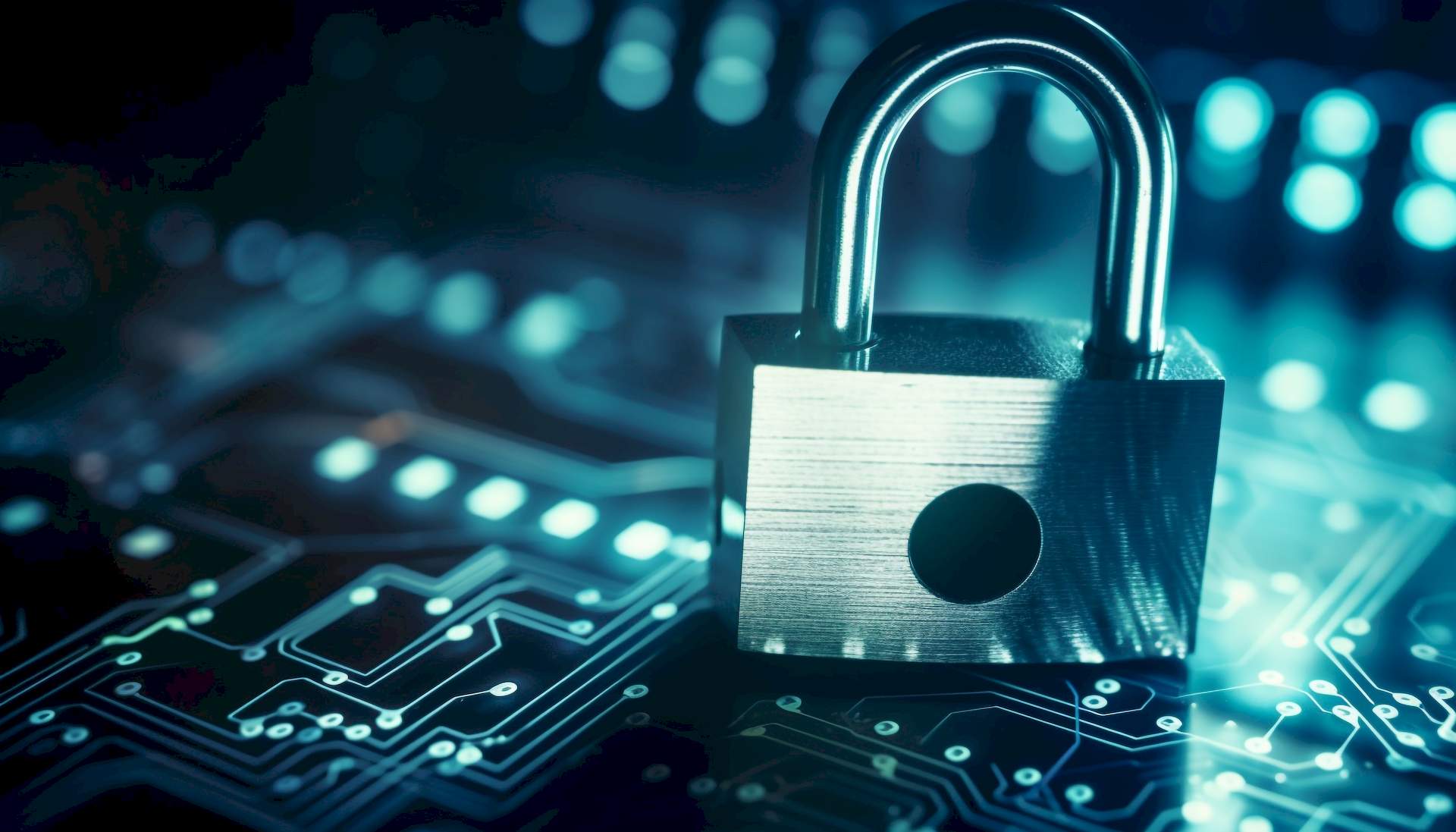In a chilling development, US officials have issued a stark warning: A new Chinese hackers cyber attack.
Chinese hackers, backed by the Chinese government, are actively targeting critical US infrastructure, aiming to inflict “real-world harm” on American citizens.
This alarming news comes amidst escalating tensions between the two superpowers, raising concerns about potential cyber warfare.

Chinese hackers cyber attack aims for real-world harm
The chilling Chinese hackers cyber attack news comes amidst heightened tensions between the US and China. This latest development adds fuel to concerns about potential cyber warfare, with China allegedly preparing “low blows” against civilians in the event of conflict.
Here are keypoints of Chinese hackers cyber attack news:
- Targets: Water treatment plants, electric grid, oil and gas pipelines, transportation hubs
- Motive: Not just espionage, but potentially causing widespread disruption and harm to civilians
- US response: Disrupted a major Chinese cyber-spying operation, urging infrastructure operators to bolster defenses
- Individual action: Practice good cyber hygiene, report suspicious activity, advocate for stronger cybersecurity measures
Wray stressed that these concerns do not extend to Chinese Americans, who are often themselves victims of China’s “aggression.” This hearing underscores the seriousness of the cyber threat posed by China, highlighting the need for collective action to protect critical infrastructure and ensure national security.
Watch out for the upcoming elections
China has denied any involvement in the 2024 election interference, accusing the US of spreading “disinformation” and questioning the credibility of the US intelligence community. Chinese officials have repeatedly stated that they have no interest in interfering in the US electoral process and have urged the US to provide evidence to support its claims.
Despite China’s denials, US officials remain skeptical of China’s promises to not interfere in the 2024 election. The US intelligence community has publicly stated that China poses a significant threat to the integrity of the US electoral process, and has warned of the potential for Chinese interference in the 2024 election.

The tensions between the US and China over the election interference allegations have escalated in recent months, with both sides engaging in a war of words. The US has imposed sanctions on Chinese officials and entities accused of being involved in the election interference, while China has accused the US of spreading “lies and disinformation” and has threatened to retaliate against US interests.
The Chinese hackers cyber attack controversy has also highlighted the increasingly complex relationship between the US and China, which has been marked by tensions over trade, security, and technology. The two powers have been engaged in a series of diplomatic and military confrontations in recent months, and the election interference allegations have only added to the tensions.
Symantec revealed Chinabacked Witchetty hacker group targeting Africa and the Middle East so the Chinese hackers cyber attack news might have a reality aspect to it.
What can you do?
So what can you do against Chinese hackers cyber attack?
In today’s digital age, it’s more important than ever to practice good cyber hygiene. This means taking steps to protect your online accounts and personal information from cyber threats.
First and foremost, use strong and unique passwords for all your online accounts. This means choosing passwords that are difficult to guess, and not using the same password across multiple accounts. Consider using a password manager to generate and store unique, complex passwords for each of your accounts.
Another important step in practicing good cyber hygiene is to enable two-factor authentication (2FA) wherever possible. 2FA adds an extra layer of security to your accounts by requiring you to provide a second form of verification, such as a code sent to your phone or a biometric scan, in addition to your password. This makes it much harder for cybercriminals to gain access to your accounts, even if they do manage to obtain your password.

Be cautious about suspicious emails, links, and attachments. Cybercriminals often use phishing emails to trick people into divulging sensitive information or clicking on malicious links. Be wary of emails that ask for personal information, and never click on links or download attachments from unfamiliar sources.
Keep your software and operating systems up to date. Software companies regularly release updates to fix security vulnerabilities and protect against new threats. Make sure to install these updates as soon as they become available to keep your devices secure.
Finally, use a firewall and antivirus software to protect your devices from malware and other cyber threats. A firewall acts as a barrier between your device and the internet, blocking unauthorized access and incoming threats. Antivirus software, on the other hand, scans your device for malware and other malicious software, alerting you to potential threats and removing them before they can cause harm.
Featured image credit: Freepik.





